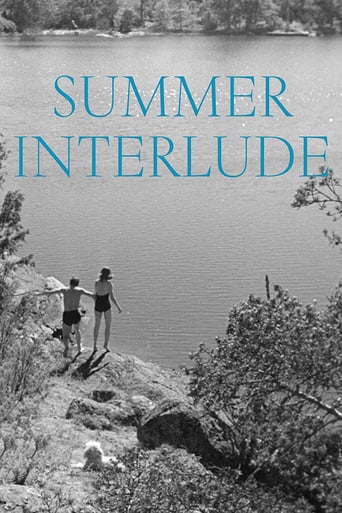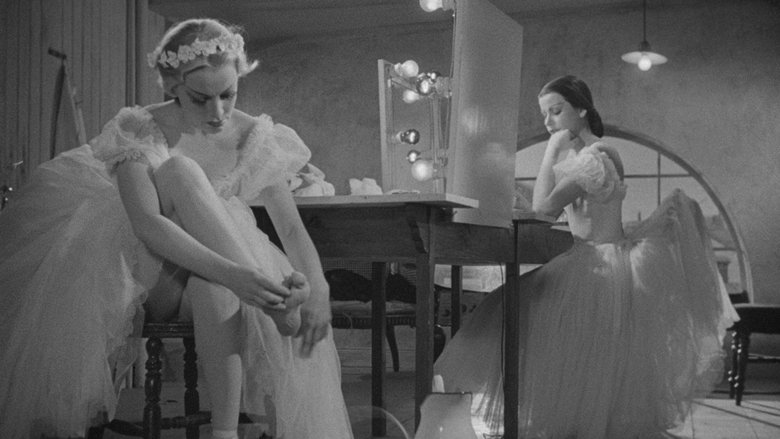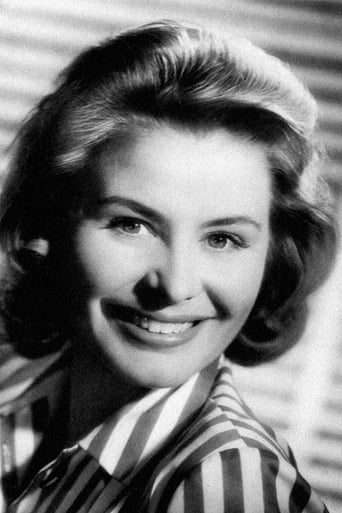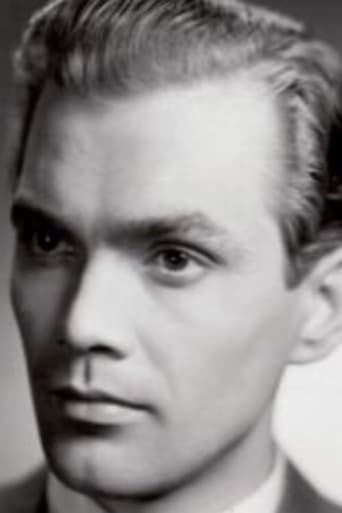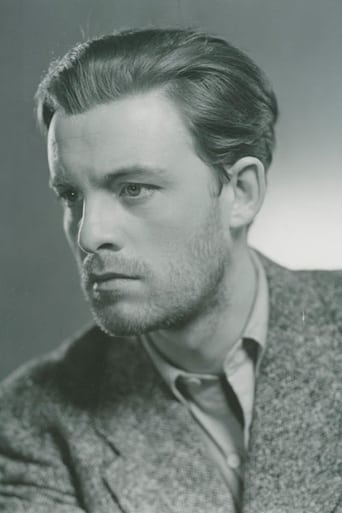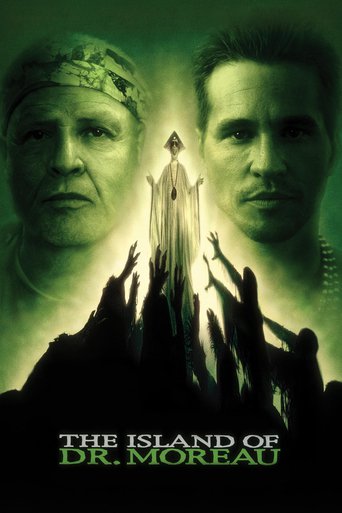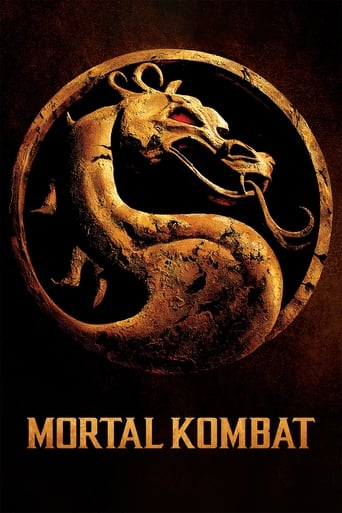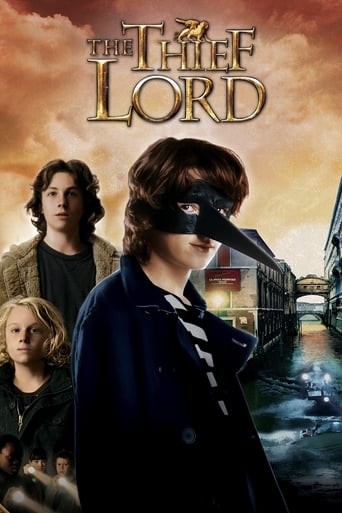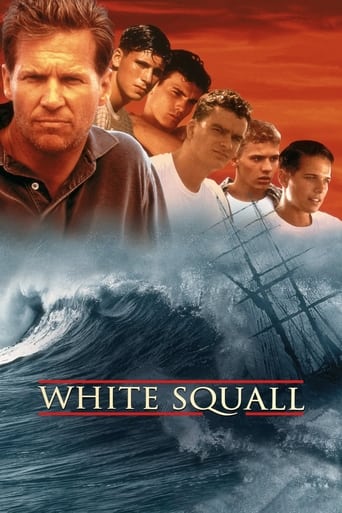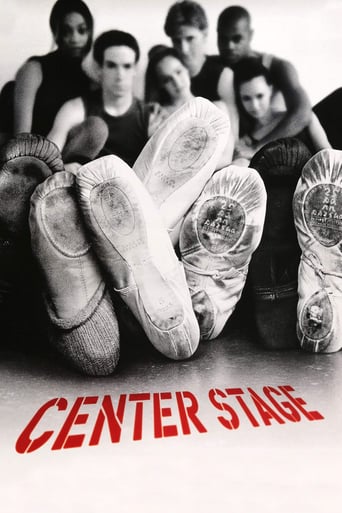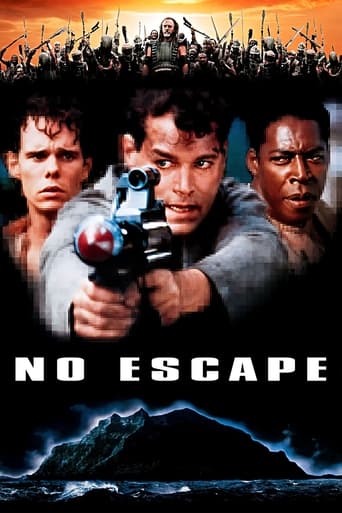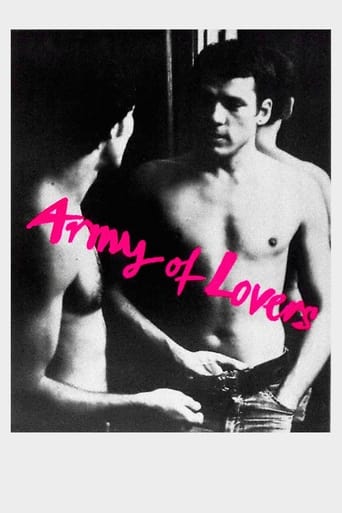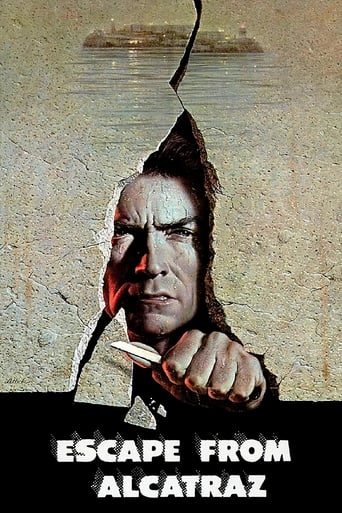Summer Interlude (1951)
A jaded prima ballerina reminisces about her first love affair after she is unexpectedly sent her lover's old diary.
Watch Trailer
Free Trial Channels
Cast


Similar titles
Reviews
This Movie Can Only Be Described With One Word.
There's a more than satisfactory amount of boom-boom in the movie's trim running time.
The best films of this genre always show a path and provide a takeaway for being a better person.
Very good movie overall, highly recommended. Most of the negative reviews don't have any merit and are all pollitically based. Give this movie a chance at least, and it might give you a different perspective.
This Ingmar Bergman's earlier essay is a dedicative recount of a young ballerina's summer holiday puppy romance with a timid college student which culminated in a tragic accident and the narrative leaps between the reminiscent past and the present (13 years later, when she is preparing her SWAN LAKE premier). The film is slightly differentiated from Bergman's usual philosophy-heavy, mentally- straining members of his reservoir, a summer vacation in a Scandinavian island, with youth in bathing suits, is a curio to find out. But the die-hard Bergman fans will as always revel in the solemn nuances and formidable expressions from Maj-Britt Nilsson's heroine, whose god-spitting manifesto "I'll hate him till the day I die!"defies any compromise and detour, which could also be Bergman's mouthpiece speaking. There are many aesthetically haunting shots with utterly perfect structural deployment (which cannot be a surprise since this is the sixth Bergman's film I have watched so far), a witchcraft of radiating the characters' frank and inherent emotion and sixth senses through Black & White lens, the portrait close-ups, the little cartoon on the letter, even the ballet tableaux, all sparkle with resilience of a human soul's elusive fickleness. The wild strawberry, chess playing with the clergyman and the hag with mustache, there are many anecdotes here just for perusing. Ms. Nilsson captures all the spotlight in the film, although she and Birger Malmsten are quite awkward in pulling off mid-or-late teens in love since wrinkles and creases cannot lie, but it is almost a mission-impossible for any actress since spanning 13 years especially from teenage to adulthood is a great challenge, nevertheless, this blemish can not overthrow the film's majestic study on a psychological case of a lost love soul's selective protection and rejuvenation, although may not be Bergman's best, still a recommendable film from the maestro and furthermore attests his consistency in filmic supremacy.
Actually there is nothing wrong with Summer Interlude as such, it's just that I don't think it is quite on the same level as Ingmar Bergman's very best. Bergman's direction is as always superb. The cinematography positively shimmers, and the images of the sunny Swedish countryside are beautiful to look at. The writing is thought-provoking, affecting in its honesty and sweet in how it deals with the romantic elements. The story still has the dramatic intensity and structural complexity that helps to form the best of Bergman's films. The two lead characters are touching and are likable, Marie being world-weary and Henrik being timid. The acting helps to reflect that, especially Maj-Britt Nilsson whose performance is so sensitive that you wonder why she wasn't in more after this and Secrets of Women. Birger Malmsten is not quite in the same league but gives a well-contrasted performance still. All in all, a lovely film if not quite among Bergman's very best movies. 9/10 Bethany Cox
Ingmar Bergman unfolds his 1951 drama, Summer Interlude, under a bleak canopy of the downhearted and disenchanted, an umbrella of gathering doom and gloom as both the summer skies and its respective weather gently gives way to the harsher and colder characteristics of autumn; as the rural locale in which the film is predominantly set becomes barer, less lush and more frightening as things gradually wind down for a longer, greyer haul. The said items greatly compliment a really stark, professionally observed and thoroughly engaging mediation on life and attitudes of old twinned with doomed romance whilst one was younger; a brilliantly played and fascinating in equal right observation of great intimacy on attitudes to life and those around one when one is younger simultaneously exploring that yearning for times gone by. From its frank opening act culminating in a woman deciding to journey out so as to confront both fears and the pain because of something which still resonates, to its closing of the lead peeling certain things away from her as she additionally quite literally reflects into a mirror following a somewhat successful journey, it is a devilishly involving romantic-drama which works brilliantly.The film covers young Marie (Nilsson), a Swedish ballerina whose mind and whose memories make up the bulk of the film's runtime as she ventures out to a more rural part of her country, but only when the hard graft of bringing to life an incarnation of Tchaikovsky's Swan Lake is temporarily halted. Her decision to do so is inspired by a collection of things she receives in the post, her facial reaction occupying most of the frame as a diegetic alarm bell within the theatre she's working sounds off and acts as a fitting soundtrack overlying the imagery. Once back on the floor following the role-call bell and practising again, the film presents us with what appears to be two or three different soundtracks of internal and external music playing over the images, as these rather dramatic dance procedures are presented to us in a relatively close up format whilst the impact of what was read or discovered barely a scene ago resonates. Post practise, a session brought to a premature end following some technical malfunction with required stage equipment, Marie leaves the building with her journalist boyfriend David (Kjellin).We discover that she has had little time for him recently, the manner in which the production crew drive Marie fresh in our minds; Marie taking this opportunity to bury the proverbial hatchet by temporarily ditching David, as well as everything and everyone else, by leaving the mainland and heading on out to a more secluded rural spot featuring lakes; lake-houses; woods and isolated manor houses. Once there, at this somewhat desolate; cold; murky and rather frightening place, the film will cover events from thirteen years ago when she was barely out of her teenaged years and a love affair-come-friendship with young boy Henrik (Malmsten) doubling up as her first love. The harking back begins with the travelling by boat, each item acting as its own landmark upon which Marie's memory acts on particular cues, and Henrik's admitting to feeling for her through performance or third party spectatorship; specifically, that he has watched her perform many times as a ballerina and has felt how he does through these observations before having even met her.Once at the island during her flashback, the warm weather and summer surroundings make for perfect conditions as she visits an aunt and uncle that live there; the occupying of a small beach house all by herself and prospect of lake swimming and time off greatly alluring. The weather compliments the deliberately romanticised nature of her memories, her attitude to most of those around her flirtatious and adventurous to say the least; her more recent opinions on these things, we come to feel, nothing but regretful. Her bond with Henrik is highly charged in a sexual manner without there ever being much in the way of embrace; a series of energetic altercations and interactions, in what we assume to be the relatively searing heat, seeing the pair of them wear little for most of the time as sessions of swimming in the nearby lake goes hand in hand with the erotic crawling around on all-fours in front of each other on the shore constructing mere games, while, on occasion, Henrik's own glee at eating wild fruit out of Marie's hands is additional content. Inbetween all of this sees the prancing and gallivanting around inspired by Marie's own occupation as a dancer, the very item that is the reason Henrik feels as he does, occurring.Where in the past Marie slept in her bathing costume and woke up with a warm, glowing smile on her face as she leaped out of bed to tear open the curtains and then charge into the water to swim, times change. Where once she was happy as could be and couldn't wait to get started in the mornings during this holiday away, solemn and rueful looks around the locale that has remained the same occupy her lone, statue-like figure as she hurtfully reminisces to herself. The film is a painful mediation, but an honest and enthralling enough study of a young woman eventually coming to accept what has happened and, we feel, come to embrace what it is she currently has in her life. In every regard, it is a superior piece of doomed romance captured elegantly on film.
Among outstanding film directors there are those who crash in with debut features that show something of the full extent of their talent (Satyajit Ray with "Pather Panchali", Neil Jordan with "Angel" and of course Orson Welles with "Citizen Kane") and those like Ingmar Bergman who creep into the scene with films that are little less than mediocre, but who develop slowly, almost unobtrusively, giving only occasional hints of the glories to come. Bergman first came to notice as the proficient scriptwriter for Alf Sjoberg's "Hets", a 1944 shocker with echos of "The Blue Angel". Sjoberg's direction is impressive with much use of expressionist shadows and angles. The strange thing about Bergman's directional debut, "Kris", two years later is what little he appeared to have absorbed from his mentor. "Kris" is a very two dimensional work that could have been made by almost anyone. This was followed by several similar apprentice works which again give very little indication of what was to come. I would date the emergence of the original Bergman voice from the appearance of "Summer Interlude" in 1951. Although on the surface this appears to be a very conventional tale of an idyllic romance cut short by a tragic twist of fate, the sort of youth/love/death cocktail that was the mainstay of so much Hollywood drama ("Kings Row", "Love Story" and "Dead Poets Society"), the treatment is often very personal in a way that we can almost feel an innate artist struggling to express something beyond the superficial. It opens with a visually stunning series of still-life shots of the sort that Ozu always inserted between each short dramatic scene. We immediately feel this is a film that is demanding to be taken seriously. When the ballerina heroine takes a boat to the archipelago where thirteen years before she met the young man who was to become the love of her life, memory is unleashed and we relive in flashbacks her past happiness. Sometimes Bergman is in complete control of his material as when the ballerina leaves the boat and uneasy memories seem reflected in the sound of the wind and there is a silent encounter with a mysterious elderly woman whose path almost touches hers - a device he was to use to even more chilling effect years later when Liv Ullmann passes an elderly lady in the corridor to an apartment flat in "Face to Face". In other places his command is less certain and borders on cliché - when the doomed young man speaks of his premonition of something dark, and indeed the shot of a black cloud a moment after the accident that is to prove fatal. Bergman also makes the mistake of sometimes cluttering the narrative with supporting characters which add very little to the forward flow - the rather tiresome behind the scenes workers at the theatre. Although the film is a romantic tragedy it differs from the works of his central period in the way it comes to terms with life's misfortunes. The ballerina learns from her memories that her life has a continuation, that it is still possible to forge new relationships. Bergman was to regain something of this confident belief in the worthwhile qualities of life in later works like "Cries and Whispers" and "Fanny and Alexander" but not until he had become resigned to rather than angered by God's silence. It is perhaps significant that in "Summer Interlude", where he had not quite sorted out his responses to life or the medium in which he was working, the most powerful scene of all is where the ballerina rails at God's silence after her lover has been taken from her and craves for the opportunity to spit at God should he appear. There is not a single scene that expresses anything like this that I can recall in Hollywood drama. It indicates more clearly than anything else in Bergman's output up to this point the path he was about to take in expressing his dark vision of the world, one in which the conventions of commercial cinema were to have no place.

